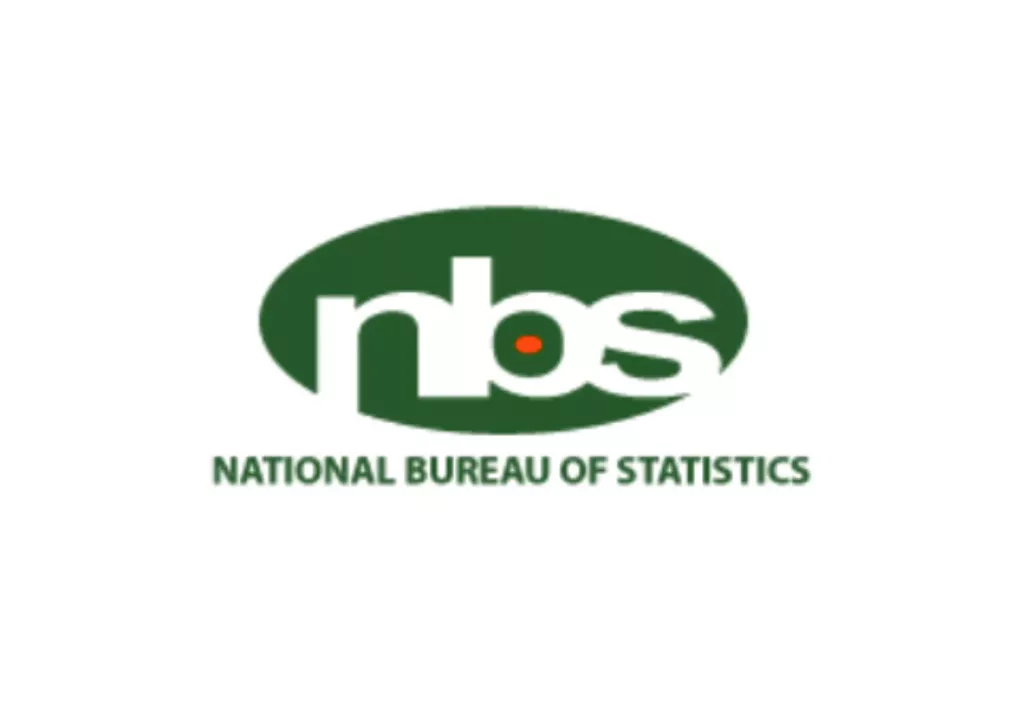Stakeholders have continued to react to plans by the Federal Government to establish the commodity board as well as the rising level of inflation in the country. According to the Lagos Chamber of Commerce and Industry (LCCI), the recent announcement regarding the Federal Government’s intention to establish a National Commodity Board, aimed at regulating the rising food prices in Nigeria, is an initiative that comes at a critical juncture when the rising cost of food has become a pressing concern for both the government and citizens, where food inflation has reached an alarming level, as highlighted by the National Bureau of Statistics (NBS), placing Nigeria’s food inflation at 33.9 per cent as at January 15, 2024, the chamber informed in a statement signed by its Director-General, Dr. Chinyere Almona.
LCCI said the proposed commodity board has the potential to bring stability to food prices by continually assessing and regulating them. This could alleviate the burden on consumers, enhance overall economic predictability and the creation of a strategic food reserve for stabilising prices of crucial grains and other food items, is a positive step toward ensuring food security and mitigating the impact of supply chain disruptions. The chamber views this initiative as the government’s commitment to implementing effective short-term strategies to counteract subsidy removal and ensure immediate food supply and to deploying concessionary capital from the Central Bank of Nigeria (CBN) to the agriculture sector, especially toward fertilizers, processing, mechanisation, and other key aspects, as a positive move that can enhance the overall productivity of the agricultural value chain.
However, the LCCI observed that the price regulation may address immediate concerns, but there is a risk of market distortion, if not implemented carefully, as “Over-regulation may discourage private sector participation and hinder market dynamics, which is against business community growth. More so, this plan may largely involve complex logistics that will require robust systems and processes to ensure the board’s effectiveness without bureaucratic bottlenecks”. On this development, the LCCI has offered its insights and recommendations on the best strategies the Federal Government should adopt for the successful implementation of the National Commodity Board. The group emphasises the importance of a comprehensive approach that combines short-term interventions with medium-term strategies to ensure sustained and effective results.

The chamber stated that the distribution of fertilizers and grains to farmers and households should be prioritised to counteract the immediate effects of subsidy removal on food prices. Secondly, collaboration should be fostered between the ministries of agriculture and water resources to ensure efficient farmland irrigation, promote year-round food production, and reduce dependence on seasonal variations. Thirdly, is the expedition of the establishment of the National Commodity Board to assess and regulate food prices and the board should also be mandated to maintain a strategic food reserve to stabilise the prices of crucial grains and other food items. Furthermore, there is the need for active engagement of the youth population by making agriculture an attractive and viable option.
This can be achieved by creating 5 to 10 million jobs within the agriculture value chain and aligning with the government’s commitment to job creation. The statement added that it is also imperative that the private sector, including farmers and other stakeholders, would be actively involved in the decision-making processes and implementation of the commodity board to ensure inclusivity and effectiveness, while noting that the rising cost of food is a critical issue that requires immediate attention and sustained effort for the LCCI stands ready to collaborate with the government in implementing these strategies to achieve the shared goal of ensuring food security and stabilising prices for the benefit of all Nigerians.
In a related development, Nigeria’s inflation rate has risen to 29.90% amid an upsurge in food prices. This piece of information was given by the National Bureau of Statistics (NBS). The NBS said that in January 2024, Nigeria experienced an increase in its inflation rate, rising to 29.90 per cent when compared to the previous month’s 28.92 per cent. The 0.98 per cent rise indicates that the country’s inflation rate has not yet decelerated, the NBS revealed this in its ‘Consumer Price Index’. This development increases the pressure on the CBN’s monetary policy committee to consider a significant interest rate hike at its first meeting in seven months, scheduled for February 26 and 27, 2024. The report read, “In January 2024, the headline inflation rate increased to 29.90 per cent relative to the December 2023 headline inflation rate, which was 28.92 per cent.
“Looking at the movement, the January 2024 headline inflation rate showed an increase of 0.98 per cent points when compared to the December 2023 headline inflation rate. Similarly, on a year-on-year basis, the headline inflation rate was 8.08 per cent points higher compared to the rate recorded in January 2023, which was 21.82 per cent. This shows that the headline inflation rate (year-on-year basis) increased in January 2024 when compared to the same month in the preceding year (January 2023). Furthermore, on a month-on-month basis, the headline inflation rate in January 2024 was 2.64 per cent, which was 0.35 per cent higher than the rate recorded in December 2023 (2.29 per cent). This means that in January 2024, the rate of increase in the average price level is more than the rate of increase in the average price level in December 2023”, the bureau added.
Food inflation has been a reoccurring issue faced by several governments across the globe and inflamed by the ongoing war between Russia and Ukraine. In Nigeria, the price of food products has increased in geometric progression. Recently, protests broke out in different parts of the country in reaction to the high cost of living with citizens in Niger, Kano, Kogi, Ondo, and other states demanding drastic solutions to the economic crisis. The Northern traditional rulers and the Nigerian Bar Association (NBA) also decried the hardship in the country precipitated by the fuel subsidy removal, which had resulted in higher transport costs and food inflation.

